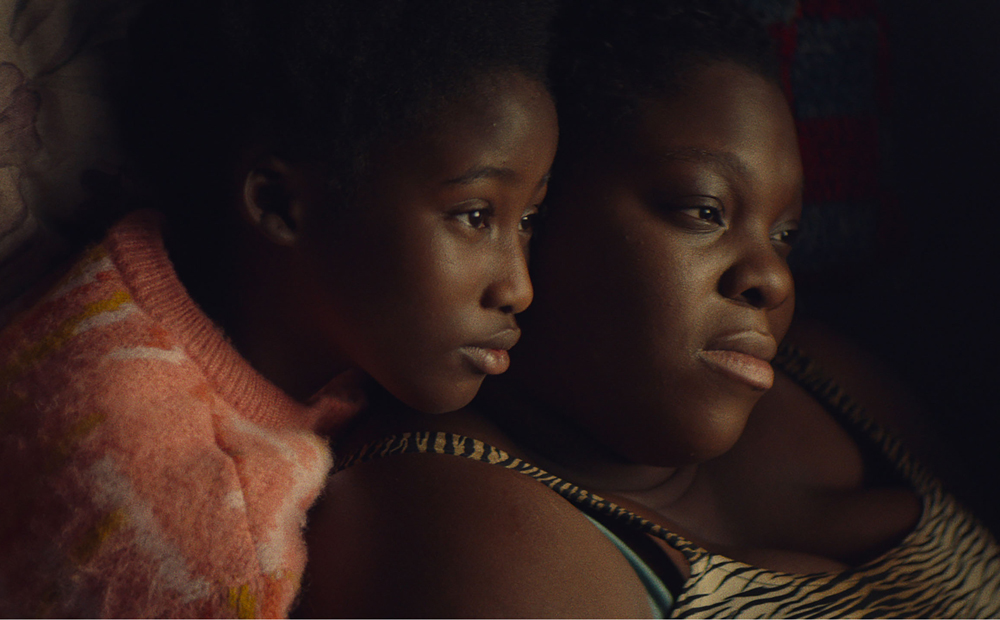There’s more room in the humble Glasgow apartment that Grace (Deborah Lukumuena) shares with her daughter Ama (Le’Shantey Bonsu) than it would seem the space would allow in “Girl” when the two push back on its walls with their imagination. Light floods into the flat, bringing out the colors all around as they playfully talk about all their plans for the future. For the 11-year-old Ama, this has become her entire world, a cocoon by design when Grace is so fearful of what lurks outside she counts the steps she takes to work, wondering how quickly she can get back to her daughter, but the concern creeps in nonetheless that more damage is being done when Ama could stand to spend more time in the world. Both end up learning a thing or two as Adura Onashile’s compassionate drama wears on, shrewdly drawing a parallel between the immigrant experience that Grace navigates for them both and the puberty that Amma feels she has to figure out on her own when her mother is too tied up in protecting them from the threats she can imagine to see the reality in front of her.
Their relationship is artfully reflected in how the vibrant purples and pinks that open the movie slowly start to drain from it when Ama breaks the rules that her mother has set out for her to keep to herself while she’s at work, noticing a house fire occurring across the way and calling out for help. The warning saves lives, but Grace feels threatened herself when Fiona (Liana Turner), one of the young girls in Ama’s class who is spared as a result, befriends Ama at school and could lead her to start stepping away from Grace’s control. In a stark contrast to many tales of immigration, Grace is rarely portrayed as stoic or brave, with terror constantly running across her face and bewildered as to how she’s supposed to stand or comport herself in her newly adopted home, and Onashile refreshingly considers emotions that aren’t typically associated with the experience of resettling but are surely there when Grace seems to become resentful of how much easier it is for Ama to assimilate than herself, still holding onto memories of her past life.
Ironically, “Girl” is confident enough in its own premise that it doesn’t have to resort to involving obvious villains anywhere beyond the ones in Grace’s head, all justifiable concerns that are exacerbated by the fact that Ama is set to become an adult biologically if not quite prepared to in other ways. The notion that growing up for both might mean growing apart to some degree is a powerful one that Onashile is careful not to overplay and in her feature debut, the writer/director shows a gift for understatement and a strong sense of pulling every element that’s available to her cinematically to speak to what her characters are going through. Grace may tell her daughter to keep the doors locked in “Girl,” but this is a filmmaker who isn’t afraid of opening them.
“Girl” does not yet have U.S. distribution.




